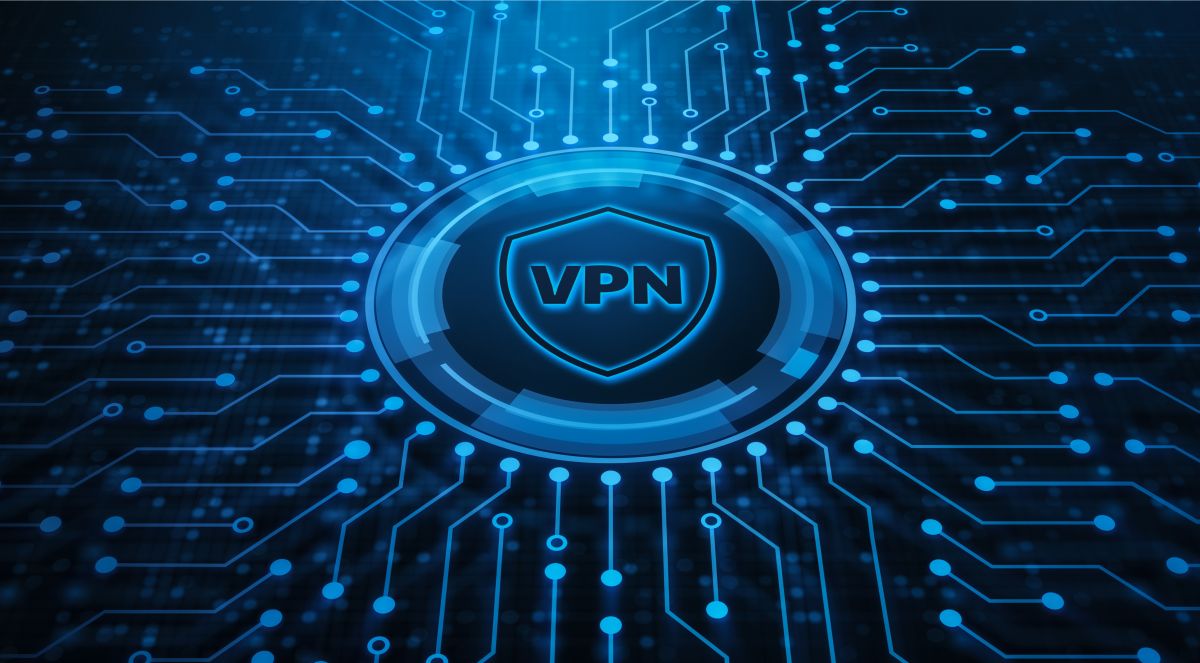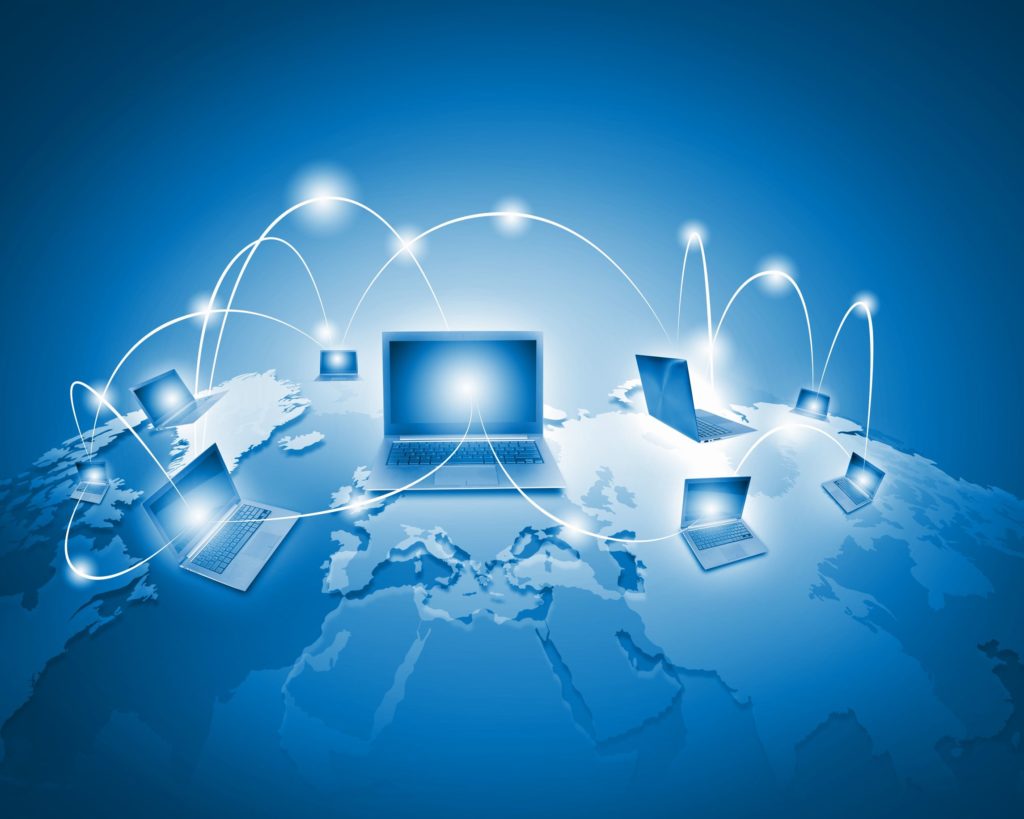- Gaming accounts on platforms like Steam or Battle.net are valuable targets because they hold payment details, personal data, and valuable digital items.
- Hackers try to steal these accounts to take assets, make unauthorized purchases, or sell the accounts.
- Be cautious of phishing scams and use unique passwords, along with two-factor authentication (2FA), to secure your accounts.
The gaming world has evolved into something far greater than mere entertainment. It’s a global community, a competitive arena, and in many cases, a serious investment of both time and money.
With billions of players around the world and gaming platforms like Battle.net, Riot Games, and Steam serving as the central hubs for millions of accounts, the stakes are higher than ever. Players store payment details, personal information, in-game assets, and digital collectibles worth real money in these accounts.
Unfortunately, that kind of value draws attention from the wrong crowd. Hackers and cybercriminals are continually seeking ways to exploit weak passwords, outdated security settings, or simple human errors. A survey found that around 30 million Steam accounts have experienced some kind of unauthorized access.
If you’ve ever seen someone lose years of game progress or expensive skins to a hacker, you know how devastating it can be. Securing your account isn’t just about avoiding inconvenience; it’s about protecting your identity, privacy, and investments.
Here’s a simple guide to help you keep your valuable gaming accounts safe.
Why You Should Secure Your Gaming Accounts

Your gaming accounts represent more than just access to your favorite titles. They hold years of achievements, rare in-game items (CS2 or Dota skins), digital currencies, and sometimes even friendships built over time. Losing access to one can feel like losing a part of your gaming history.
Many players underestimate how much personal and financial data is tied to their accounts. Payment cards, billing addresses, phone numbers, and email logins are often connected to gaming profiles.
Once a hacker gets in, they can steal your assets, make unauthorized purchases, or even sell your account on black markets. The emotional stress and frustration that follow such an incident can easily spoil the joy of gaming.
Create Strong and Unique Passwords
The first and most basic step toward protecting your account is choosing a strong password. Short or easy-to-remember passwords are convenient, but they’re also easy to crack.
A secure password should be long, complex, and completely unique to that specific account. Avoid using personal information, such as your name, birthday, or gamer tag.
Using a different password for each platform may seem like a hassle, but it’s very important. If one account gets compromised, the others stay safe.
To make it easier, consider using a reliable password manager that generates and securely stores complex passwords on your behalf.
Enable Two-Factor Authentication (2FA)
Even the strongest password can be stolen or guessed, which is why adding a second layer of protection is essential. Two-factor authentication, or 2FA, requires you to verify your identity through an additional step, typically by entering a code generated by your phone or an authentication app.
Platforms like Battle.net, Riot, and Steam all support 2FA. On Battle.net, you can activate it through the Blizzard Authenticator app. Riot players can turn it on in their account settings. Steam users can enable Steam Guard through the mobile app.
Once activated, even if someone discovers your password, they won’t be able to access your account without your device.
Use a VPN for Safer Gaming

A Virtual Private Network (VPN) does more than help you access games not available in your region. It also secures your internet connection by encrypting your data and hiding your IP address.
This makes it much harder for hackers to track your activity, intercept your login credentials, or target you with DDoS attacks.
If you frequently use public Wi-Fi or shared networks, using a VPN for PC provides an essential layer of protection. It ensures your connection stays private and your personal information remains hidden.
Recognize and Avoid Phishing Attempts
Phishing is one of the most common and dangerous online scams. It often comes in the form of fake emails or messages pretending to be from official gaming platforms, offering rewards, requesting verification, or warning that your account will be banned.
These scams are designed to trick you into revealing your login details or clicking on malicious links.
To stay safe, always double-check the sender’s address and avoid clicking links in unexpected emails or messages. If something feels off, like a too-good-to-be-true offer or a sense of urgency, it’s likely a phishing attempt.
The best practice is to visit the official website directly by typing the address yourself rather than following a link. Remember, official platforms rarely, if ever, send attachments or ask for passwords via email.
Safe Network Practices While Gaming Online

Public Wi-Fi networks, such as those found in coffee shops or airports, are notorious for being unsafe. They’re often unencrypted, meaning anyone on the same network could potentially intercept your data.
Logging into your gaming accounts while connected to public Wi-Fi puts you at unnecessary risk.
If you must connect, use the best VPN to secure your connection. And avoid signing into your gaming profiles on shared or unfamiliar computers, as they could contain keyloggers or malware designed to steal your credentials.
On the other hand, security updates might feel annoying, but they’re often your best defense against vulnerabilities. Developers release patches to fix issues that could otherwise let hackers in.
Keeping your operating system, antivirus software, and game clients up to date ensures your devices are running with the latest security protections.
Enabling automatic updates is a straightforward way to stay protected without needing to check for them manually. Regularly running antivirus scans can also help detect any hidden threats before they become serious problems.
Final Thoughts
Your Battle.net, Riot, and Steam accounts are part of your digital identity—a collection of memories, experiences, and investments that deserve protection. In an era where hacking tools are readily available and cyber threats are more sophisticated than ever, securing your accounts is no longer optional.
The good news is that most of the steps to protect yourself are simple. Strong passwords, two-factor authentication, awareness of phishing scams, and basic online hygiene go a long way. Spending a few minutes today setting these up can save you months of stress later.
Before your next gaming session, take a moment to secure your accounts, because your digital world deserves the same protection as your real one.
Thank you! Please share your positive feedback. 🔋
How could we improve this post? Please Help us. 😔
Passionate gamer and content creator with vast knowledge of video games, and I enjoy writing content about them. My creativity and ability to think outside the box allow me to approach gaming uniquely. With my dedication to gaming and content creation, I’m constantly exploring new ways to share my passion with others.




